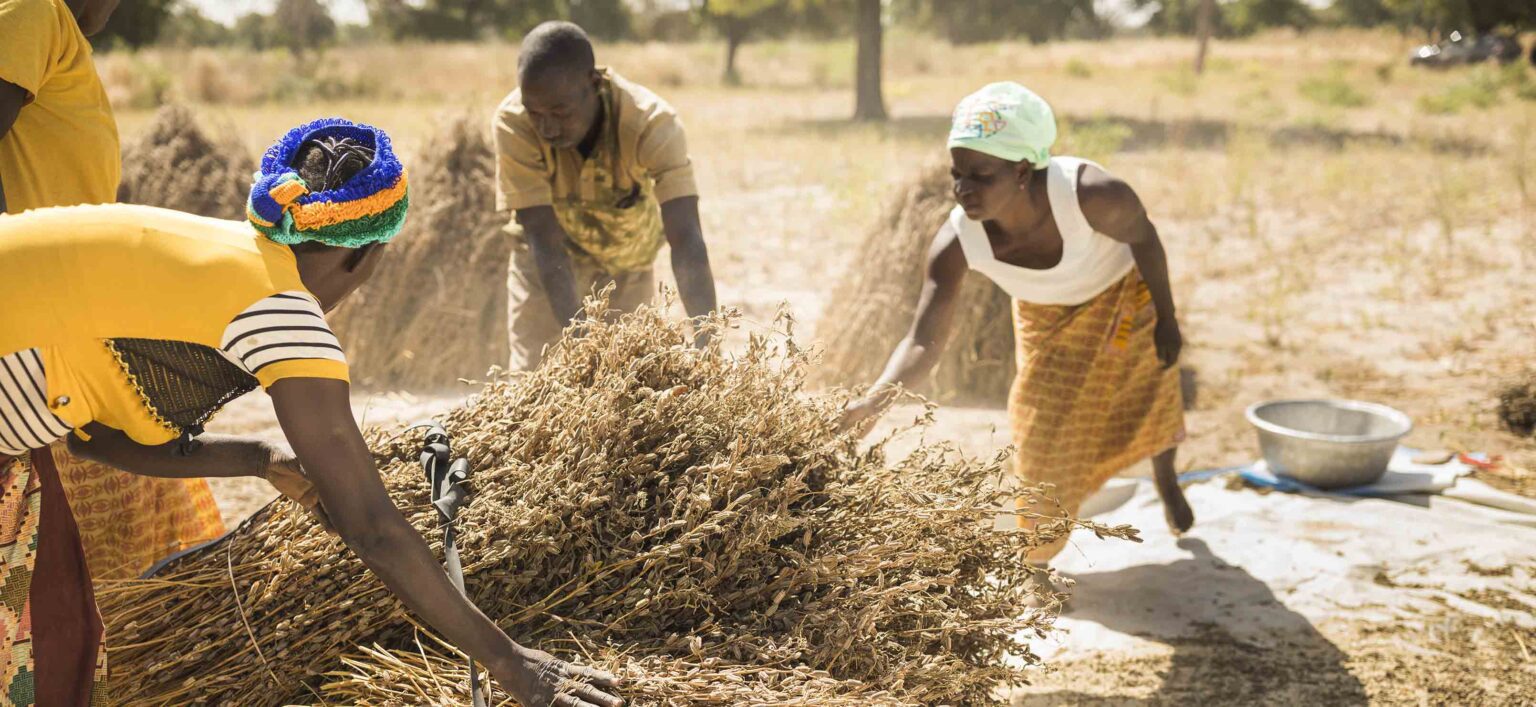In the strive to make more impact, no fewer than 150 Kano sesame farmers, processors and exporters have been trained by experts on the global methods of packaging, exportation and marketing of Sesame Value Chain to international markets. This was made possible as the Nigerian Export Promotion Council (NEPC) brought together exporters, farmers and processors of various farm produce in the state in this regard. “Sesame is among the top globally-traded commodities due to its multiple uses. In 2020, export of sesame seeds from the five top world exporters are: Sudan ($690m), India ($463m), Nigeria ($396m), Ethiopia ($352m) and Niger ($224m). Trade analysts had predicted that the global sesame demand may likely rise in the next five years. We must, therefore, reposition ourselves to take advantage of the positive sesame outlook,” the Executive Director/CEO of NEPC, Dr. Ezra Yakusak has revealed.
Dr. Yakusak said stakeholders were meant to be strengthened in line with the country’s Zero Oil Plan launched as a national non-oil export stimulation initiative tagged, ‘The Export for Survival Campaign’. Represented by the Regional Coordinator of the NEPC, Kano Office, Moruf Salami, the CEO said the campaign was developed to boost foreign exchange earnings through the non-oil export sector by preparing Nigeria for an economy that would not depend on crude oil export for its survival. “Prior to the above, NEPC had developed a grassroots export promotion strategy known as One State One Product (OSOP) Programme. The concept was developed to ensure that each state of the federation focuses on at least one product to develop for export, and Kano State has indicated sesame seeds and tomato as the main and alternate products, respectively”, he stated further.
He admitted that despite the increasing world demands for sesame, the sub-sector was affected by major challenges in Nigeria, which include climate change, low yields, insecurity, infrastructural deficiency and poor access to finance, which have constrained export. “It is important, therefore, to engage the value chain players from time to time to address these challenges so that we can grow the export of the product in Nigeria”, he added. An expert in sesame production and exportation, Dr. Ibrahim Gaya, from the Kano Agricultural and Rural Development Authority (KNARDA) disclosed that sesame, being an exportable crop, deserves more intense intervention from farmers, processors and exporters to earn more foreign exchange for the country. He added that “Unlike crops that are not exported outside, the sesame exportation process begins from planting in the farm up to the state of exporting it outside the country. So, all the stakeholders involved should adopt modern methods of farming and processing sesame to achieve desired goals”.



